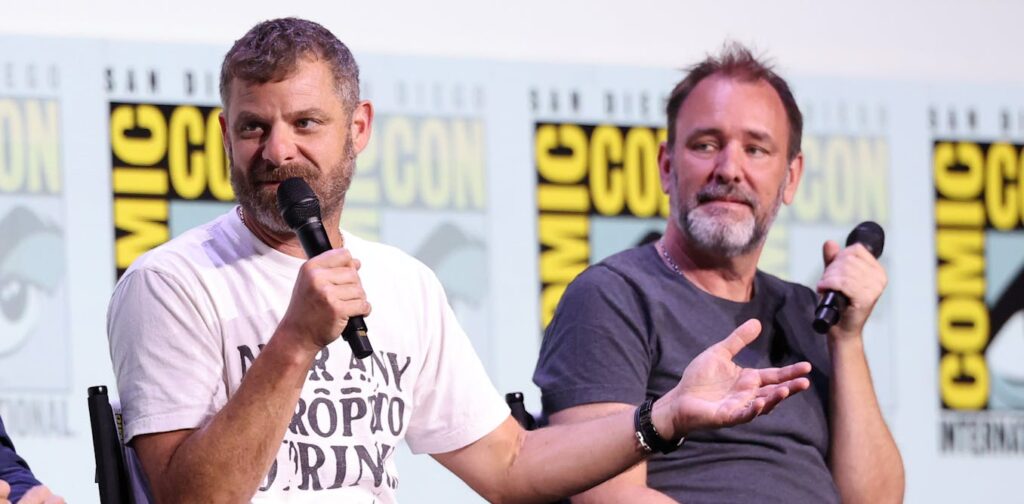
The Season 27 premiere of “South Park” in July 2025 debuted with its signature irreverence, targeting the Trump administration in a way that only the animated series can. Resident provocateur Eric Cartman was furious after the administration pulled federal funding for NPR, a move he saw as stealing his own brand of vindictive humor. This episode, like many before it, drew attention for its audacious depiction of Donald Trump, portraying him as thin-skinned and deceitful, culminating in a surreal deepfake scene of a nude Trump in a desert.
The White House quickly dismissed the show as irrelevant, accusing it of seeking attention. However, the ratings told a different story, with the premiere attracting 6 million viewers across Comedy Central and Paramount+, and even more tuning in for subsequent episodes. Each installment continued to lampoon Trump and his administration, showcasing “South Park’s” knack for timely satire.
The Power of Timely Satire
“South Park” has long been known for its ability to poke fun at authority figures with a timeliness that few other shows can match. Its creators, Trey Parker and Matt Stone, produce episodes in just one to two weeks, allowing them to respond quickly to current events. This rapid production cycle enables the show to maintain its relevance and engage viewers in discussions about political leaders, including Trump.
While the fast-paced news cycle often makes it challenging to hold those in power accountable, “South Park” manages to capture viewer attention with its sharp satire. This unique approach could potentially influence an audience that has become increasingly elusive to Democrats, particularly young, internet-savvy voters.
A History of Targeting the Powerful
“South Park’s” appeal does not rest solely on partisan attacks. The show has a history of targeting both liberal and conservative figures. Past episodes have mocked former Democratic Vice President Al Gore’s climate activism, criticized transphobic tropes, and highlighted the restrictive vaccine policies promoted by progressives.
Conservative groups have also targeted the show for its perceived negative influence on children. The 1999 movie “South Park: Bigger, Longer & Uncut” satirized these efforts, featuring a subplot where a character attempts to censor a graphic children’s cartoon.
In its current season, “South Park” draws parallels between Trump and past dictators like Saddam Hussein, using the same animation style to depict both figures. Reports suggest that Trump has been privately seething over these portrayals, highlighting the show’s continued ability to provoke powerful reactions.
The Political Implications
As Democrats struggle to connect with young male voters, “South Park” continues to attract record viewership among this demographic. The show’s relentless mockery of Trump could inadvertently aid Democrats in regaining some of the young voters who shifted to Trump in the 2024 election.
The show’s satire goes beyond merely highlighting Trump’s hypocrisies and corruption, a tactic that has become commonplace among media figures like Jon Stewart and John Oliver. Instead, “South Park” uses its unique platform to animate Trump in ways that are both shocking and humorous, potentially resonating with an audience that values humor over traditional political discourse.
“The appeal of both Trump and ‘South Park’ to many young men is not in the positive ideas they offer, but in the way they both humiliate their opponents.”
While satire alone cannot win elections, it may play a role in shifting public perception and drawing attention to issues that matter to young voters. As the season progresses, “South Park” will likely continue to find new material in the ongoing political landscape, offering Democrats an unexpected ally in their quest to win back the youth vote.
In conclusion, while “South Park” may not directly influence election outcomes, its ability to engage and entertain viewers with timely political satire could help Democrats reconnect with a key demographic. As the political landscape evolves, the show’s irreverent humor remains a potent tool for challenging authority and sparking conversation.






